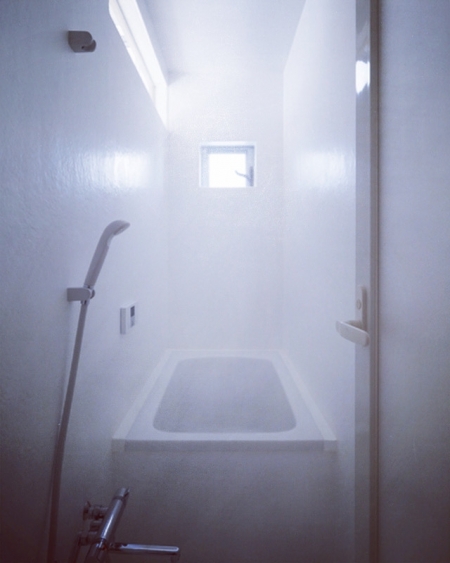スペースは関係ない
たくさんの解釈が折り重なり、同時に存在し、その中から選択するように発見していく不均質空間をつくるとすると、最初に思いついたのが最小限住宅である。
最小限のスペースしかないから、そこにたくさんの機能を効率良く配置し、建築家の清家清、池辺陽などが、あと、安藤忠雄も思い浮かぶが、必要な機能がキュッと凝縮されて詰め込まれているイメージがある。
ただ、それでは、たくさんの中から選択していく感じにはならない。スペースが最小限であるから効率性を高めるために機能をたくさん折り重ねるかと考えたが、そうではなくて、機能のムダを省いて最小限のスペースを実現しているようだった。
たぶん、スペースがあるかないかは関係が無いのだろう。
"Space doesn't matter"
If we create a heterogeneous space where many interpretations overlap, exist at the same time, and discover to choose from among them, the first thing we came up with is a minimal house.
Since there is only minimal space, many functions are efficiently arranged there, and architects Kiyoshi Seike and Yo Ikebe, and Tadao Ando also come to mind, but the necessary functions are packed tightly and packed. There is an image that is.
But that doesn't make me feel like choosing from many. The space was minimal, so I thought I'd fold a lot of features to increase efficiency, but instead, it seemed that the feature was wasted to minimize space.
Maybe it doesn't matter if there is space.

